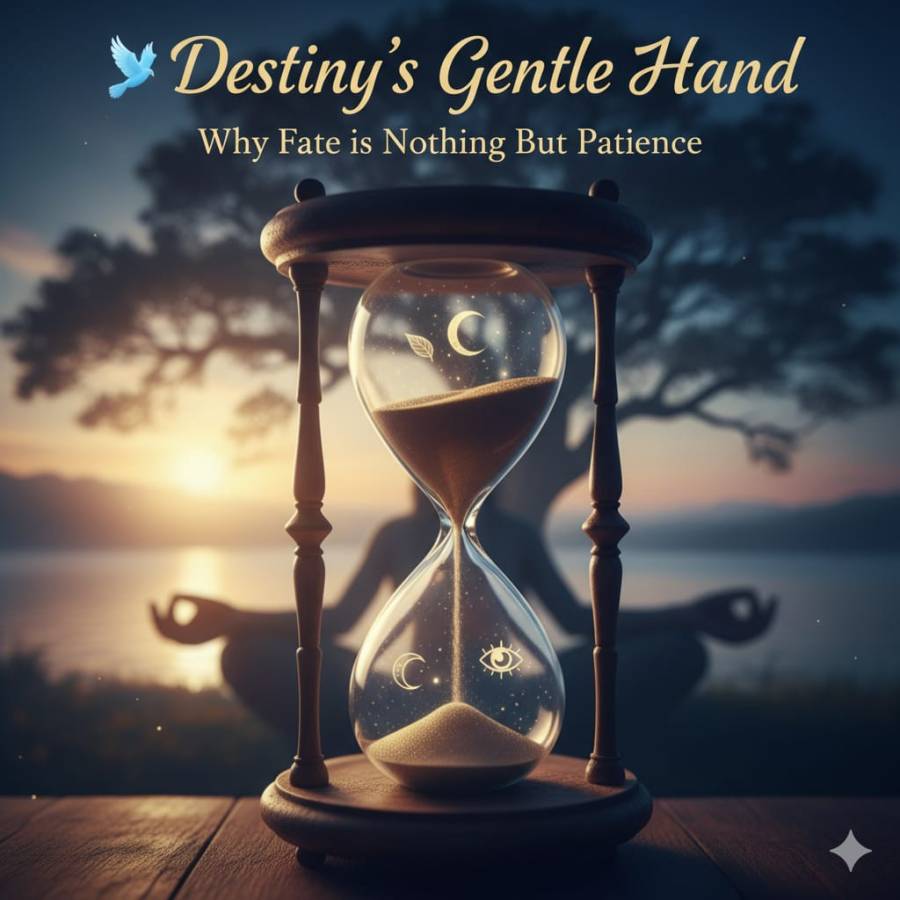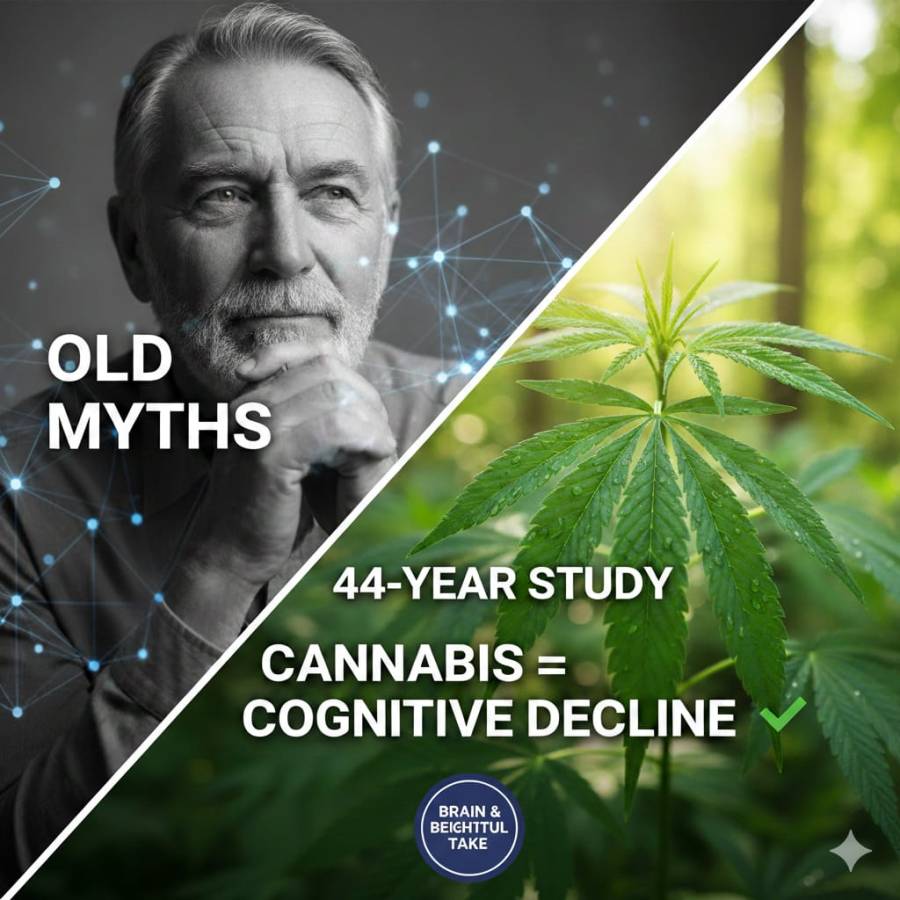
Fate has always been described as something mysterious and unstoppable, a force that decides our lives long before we can act. Yet if we look deeply, fate is not a ruthless judge sitting in the clouds. It is more like a gentle teacher who moves slowly, asking us to trust the lesson before revealing the result. To say that fate is nothing but patience is not a poetic exaggeration—it is a quiet truth that life keeps proving in every waiting season.
In today’s world of speed, where everything must happen now, patience often feels like weakness. We expect life to reward us the instant we make an effort. We send an application and want the job tomorrow; we start a new habit and expect transformation overnight. But real growth—like nature’s growth—never obeys our impatience. When we plant a seed, it does not bloom because we stare harder. It blooms because time and care do their unseen work.
This is what makes fate so deeply connected to patience. Fate is not a fixed script already concluded. It is a process that unfolds in rhythm with our readiness. The more we learn to wait without losing faith, the more we align with that rhythm. Impatience, on the other hand, is like trying to pull the petals of a flower open before dawn—it only destroys what was meant to bloom.
Every spiritual path, from the teachings of the Buddha to the words of the Gita, carries this lesson in its heart. Life moves at the soul’s timing, not the ego’s clock. When things delay or seem to fall apart, it is not always a punishment; often, it is preparation. The pause before a turning point is not emptiness—it is incubation. The universe is not denying us what we want; it is preparing us for what we are truly ready to handle.
To have patience is to surrender that tight grip we keep on outcomes. It is to say, “I have done my part; now I trust the rest will happen when it should.” Patience is not passive; it is powerful calmness. It asks us to keep working, but without forcing. It teaches us to move without rushing and to believe without proof.
Patience also becomes the mirror of character. It is the courage to keep showing up even when the results are invisible. It is the strength to remain gentle when things move slower than we hoped. In the noise of anxiety and ambition, patience is the quiet voice that whispers, “Wait—something is forming.”
Think of the great mountain or the ancient tree. Neither came into being in a single storm. Wind, rain, and time sculpted them slowly into greatness. Our own lives are shaped in the same way. The struggles, the delays, the unanswered prayers—they are all part of that slow carving that makes us whole.
As the philosopher Seneca wrote, we must “bear with courage” what we cannot change. That courage is not loud or dramatic—it is the steady faith that keeps the heart peaceful while the world hurries by. If fate were instant, there would be no meaning in endurance, no beauty in becoming. But because fate works through patience, we are given the time to grow into who we are meant to be.
The truth is simple but hard to live by: you cannot hurry destiny. The more you push, the more resistance you meet. But when you trust the pace of life, things begin to align quietly, almost magically. This is when fate feels kind—when it stops being something that happens to you and becomes something that happens through you.
Patience is not waiting for something to arrive; it is allowing yourself to arrive at the right moment. Fate, then, is not a distant promise—it is the steady unfolding of that moment, guided by time’s invisible hand. Those who understand this never fear delay, for they know that every pause is simply destiny breathing in.





















